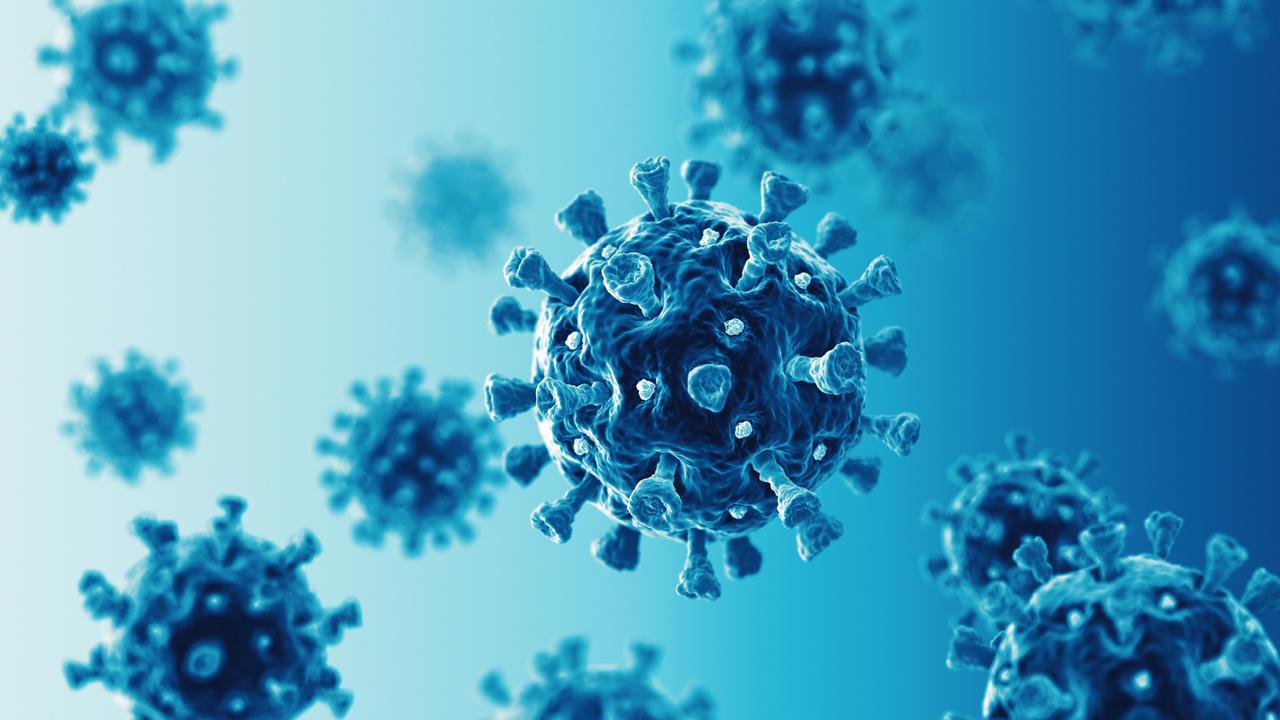I tried a 7-day sleep challenge, here are my honest thoughts
Preparing for my wedding and battling insomnia, I took on a seven-day sleep challenge designed by a top sleep expert.
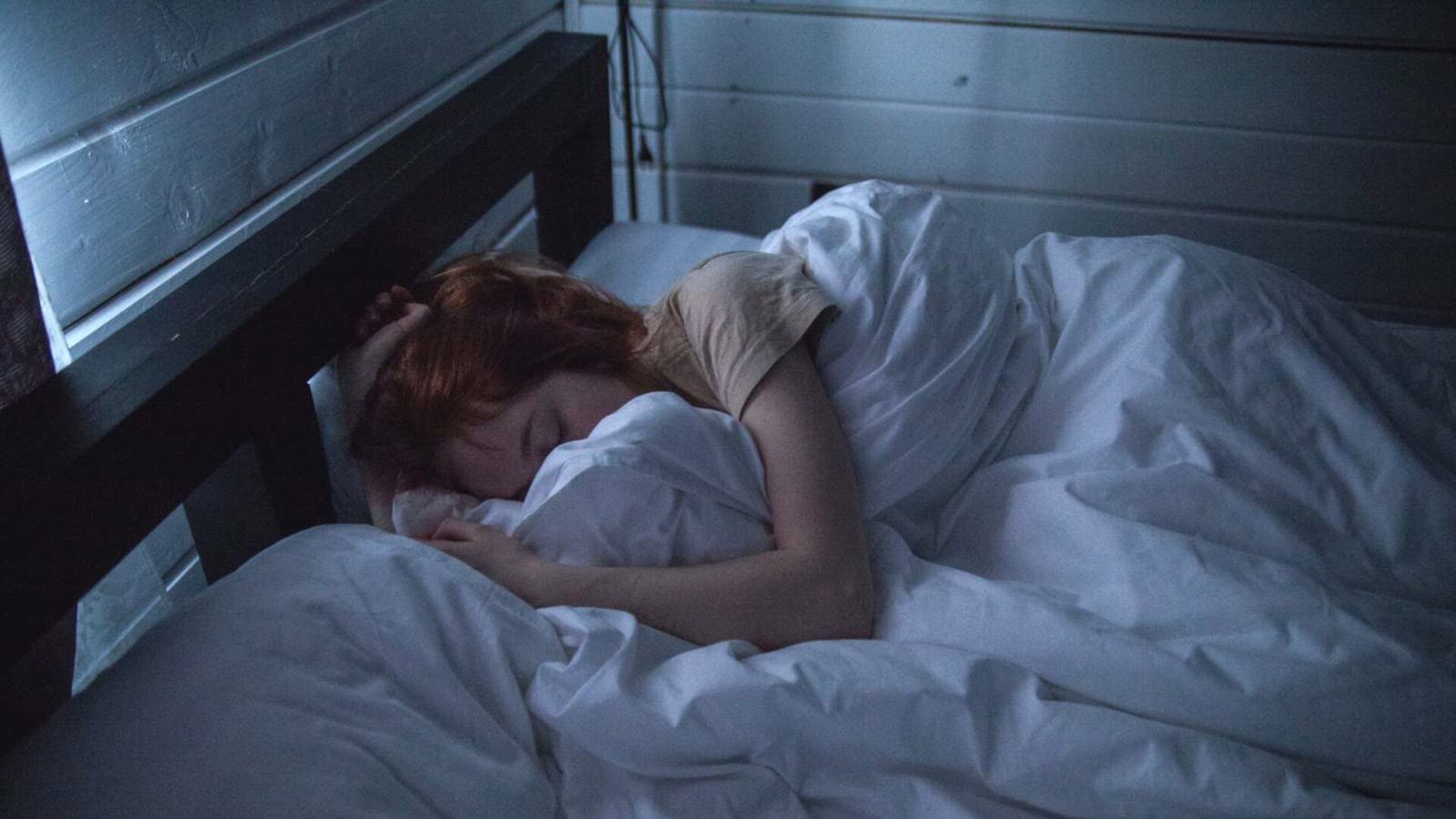
Illness
Don't miss out on the headlines from Illness. Followed categories will be added to My News.
As someone getting married in three weeks, constantly flipping between emailing vendors on my big screen and scrolling through #bridetok on my little screen, it’s safe to say my stress levels are … not okay.
Adding to that is the fact that my cake supplier pulled out at the last minute, and I’m having recurring nightmares that I’ve forgotten to write my vows until the day of, so to be honest, my sleep isn’t going great either.
So when a seven-day sleep challenge popped up in my inbox, I first felt a bit attacked.
Is my Gmail as targeted as my For You algorithm?!
Or is the sleep/stress/phone addiction phenomenon just a universal experience for everyone?
Curious, I had a look and realised it was something I absolutely should try, because as much as my late-night phone antics are actually helping me get things done, it’s not doing my skin any favours for the big day when I’ll have bags bigger than my suitcase for our honeymoon.
Designed by Aussie supplements brand PuraU, based on research that one in five Aussies now rely on medication to sleep, the sleep challenge was devised by top sleep expert Olivia Arezzolo to help people reset their sleep habits naturally using scientifically proven methods.
There are seven non-negotiables that participants must follow for seven days to achieve the best results and sleep deeper, wake up refreshed, and feel more balanced.
In just one week, the challenge promises lower cortisol levels (the stress hormone), improved gut health, boosted skin hydration and a noticeable increase in energy.
Who was I to say no to that?
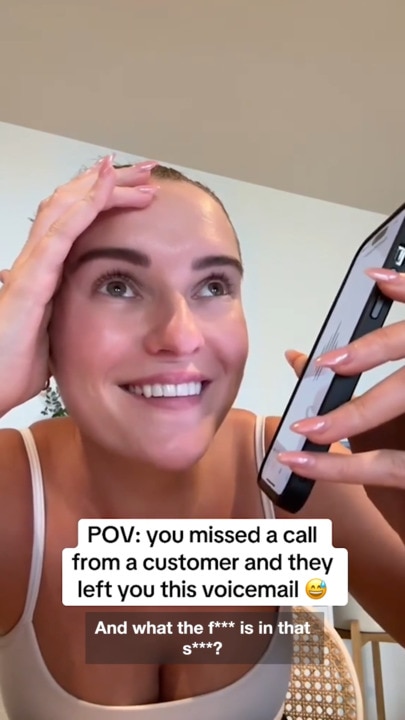
The seven day sleep challenge
1. Take a warm shower
The first thing you should do is take a warm – not hot – shower one hour before bed.
“Taking a warm shower helps drop your core body temperature, enhancing melatonin production,” Ms Arezzolo tells me.
It also acts as a mental and physical cue for your body to begin winding down.
This one was a bit of a change in routine for me, as I am someone who usually showers as soon as I get home from work.
However, moving it back a few hours made a big difference, and I felt like I was washing off the day’s stress and preparing for bed as soon as I stepped out.
I felt incredibly relaxed and cozy, as though slipping under my duvet was the only option.
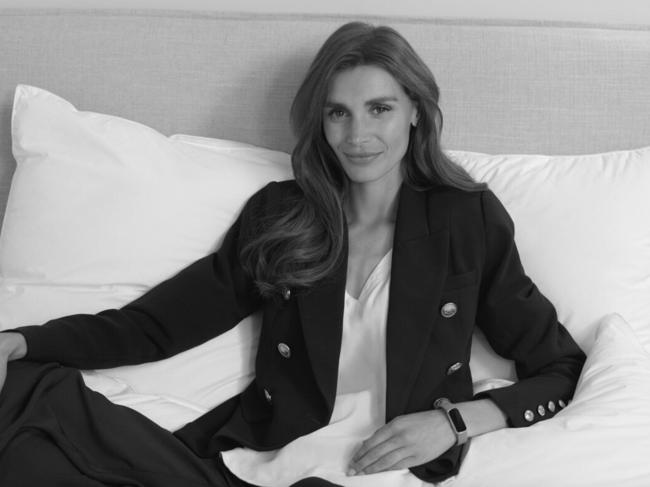
2. Minimise blue light exposure
Next, it’s important to avoid blue light after 9:30pm at the latest, which reduces melatonin suppression.
To do this, I made sure to dim the lights in my room and pre-scheduled my phone to switch to a warm hue after 8pm.
When it was time to get into bed, I put my screen on my desk, not my bedside table, to make sure the only thing I did in bed was read!
“Blue light is our primary zeitgeber – a factor that controls the circadian rhythm,” Ms Arezzolo explains.
“It’s emitted by screens including phones, computers, and TVs and it impairs melatonin production, making it hard to fall and stay asleep.”
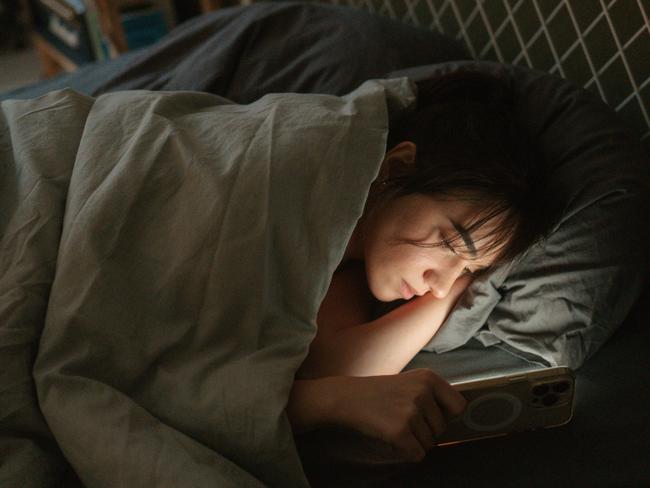
3. Have a consistent sleep schedule
This rule instructs you to wake up and go to bed at the same time every night – even on weekends!
To ensure I stuck to this, I set a sleep alarm on my Google Home at 9pm every night that loudly announced “BED TIME,” like I was on Big Brother.
I dutifully obliged, and after my shower, I was in bed soon after with my sleep mask at the ready, my book, and some sleep spray to spritz on my pillow.
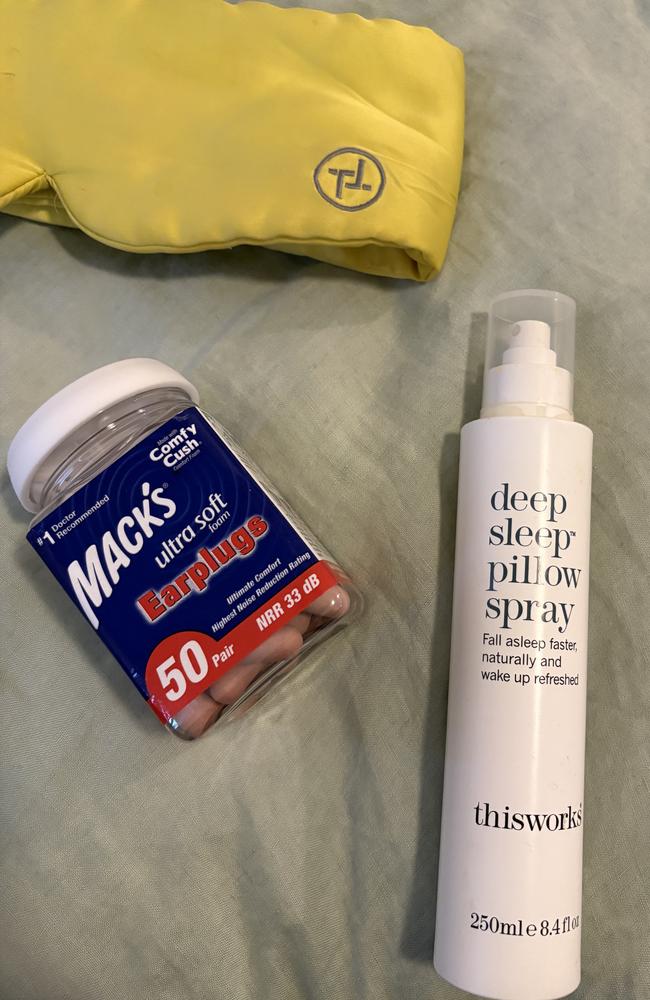
Having this hard cut-off time was important for me, as I often play that familiar game with myself where I tell myself ‘just 10 more minutes,’ which quickly turns into a full-blown hour passing by.
According to Ms Arezzolo, irregular sleep can lead to poor sleep quality, fatigue, and increased stress, so I stuck to this one religiously.
On the weekends, I made sure to limit sleep-ins and only woke up about an hour after my regular weekday wake-up time of 6:45am.
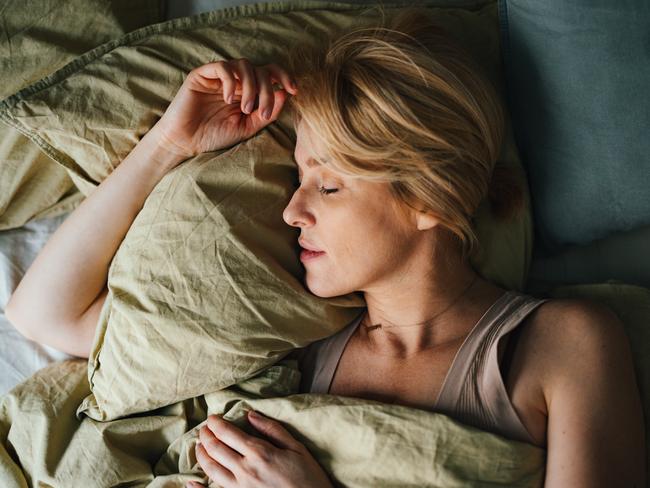
4. Finish dinner at least three hours before bedtime
With a bedtime of around 9:30pm, this meant having dinner around 6:30pm. I get home from work around 5ish, so that was no problem for me.
I felt that by the time I was ready for bed, I had fully digested my food, and I didn’t feel full or bloated when I was trying to drift off, which can often make it hard to fall asleep.
“Eating too close to bedtime can extend the time it takes to fall into deep slow wave sleep, leaving you sleeping lightly and waking up fatigued,” Ms Arezzolo says.
Eating late keeps your body active, using 10 per cent of its energy for digestion.
Having a cut-off time for eating also helps regulate blood sugar levels, preventing energy crashes overnight.
One thing I will note is that doing this made me wake up hungrier, so I did have to move my breakfast time forward – but that was no biggie.
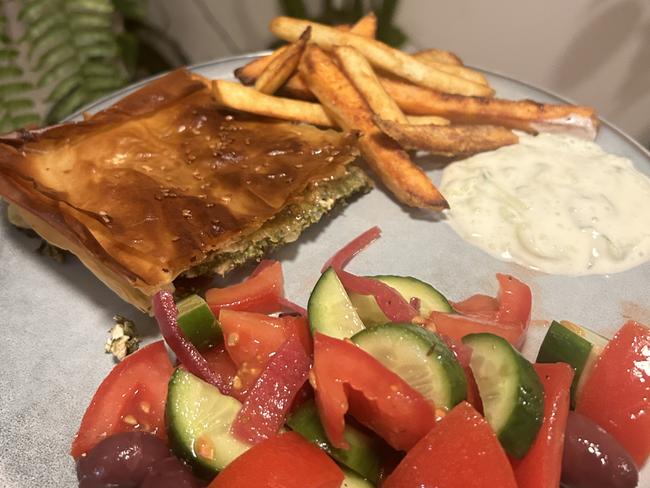
5. No caffeine after 2pm
I cut out coffee over a year ago because an anxious girly needs all the help she can get to stay sane, but I’ve been drinking tea ever since.
My energy levels have been much more stable, but I still find that if I have a black tea in the afternoon, my mind can often stay wide awake when trying to fall asleep.
Cutting it out after 2pm meant this didn’t happen anymore, and I made sure to have my last one around lunchtime.
Caffeine is far from ideal for our sleep, Ms Arezzolo says, as it can remain effective for over eight hours after consuming it.
And even if you fall asleep, caffeine can reduce deep sleep quality by up to 20 per cent.
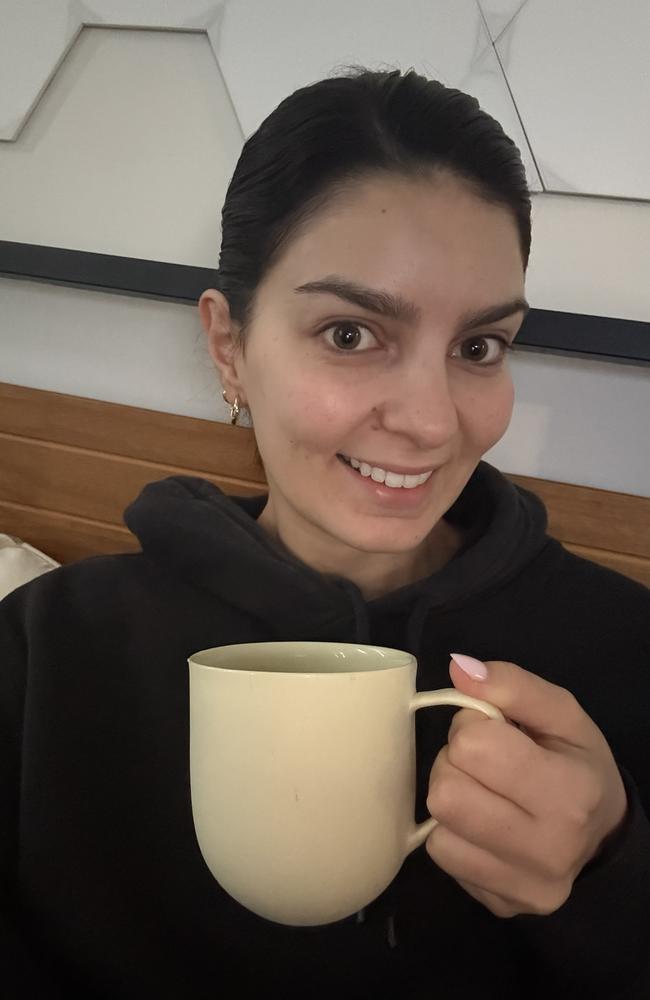
6. Take a sleep supplement
Even with a perfect night-time routine, your body may need extra help to unwind, which is where sleep supplements can come in.
Taking a sleep supplement (e.g. PuraU Deep Sleep Tonic) 30-60 minutes before bed can help you get a deeper, more restful sleep.
I enjoyed mine like a tea, mixing a few drops with hot water and sipping it slowly as I read.
It’s a natural, non-sedative sleep aid, and you don’t wake up feeling groggy.
It includes ingredients like lavender, hops flower, and valerian root, which are clinically proven to support sleep.

7. Avoid alcohol for the entire seven days
As someone who stopped drinking nearly six years ago, this one was easy – hah!
But for those who do drink, know that it could disrupt REM sleep in particular, which can contribute to waking in the early hours like 3 or 4am and morning anxiety.
Reflections on the challenge
By the end of the week, I noticed a huge improvement in my sleep quality.
I felt more rested, alert, and emotionally balanced, which is exactly what I need going into the final wedding countdown.
I was surprised by how my body responded to a strict routine, even in just a week, and I’m keen to adopt some of the practices moving forward, particularly showering before bed and limiting blue light exposure.
Overall, I feel like my brain hit the reset button – I was clearer, more focused, and had much more energy.
More Coverage
Originally published as I tried a 7-day sleep challenge, here are my honest thoughts




